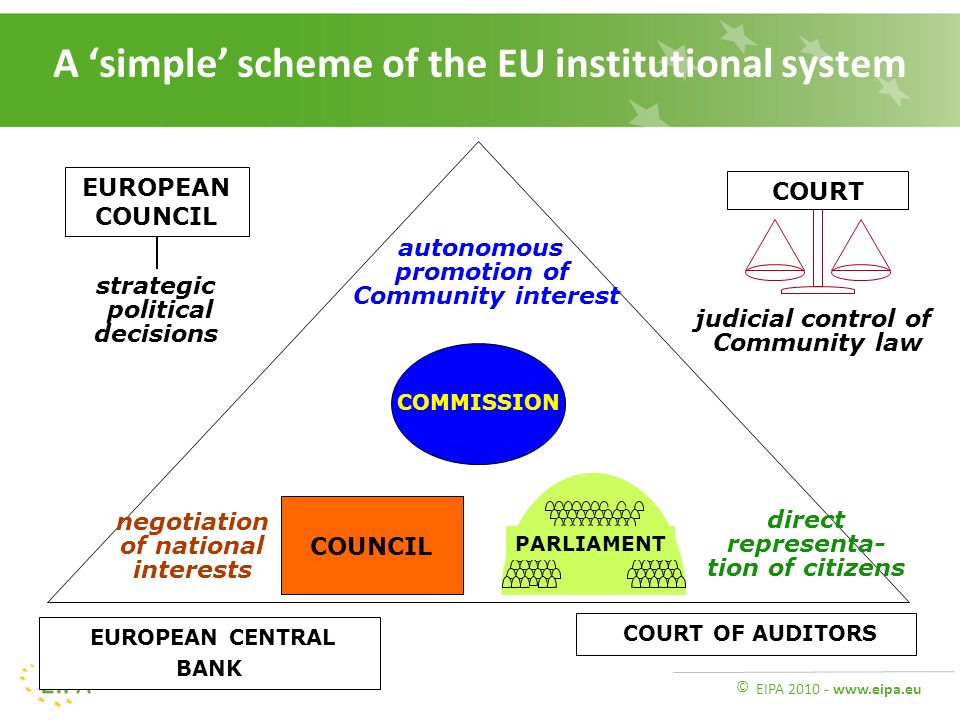
When will Europe have a strong leader That was one of the most frequently asked questions around the EU elections in May.
In a democracy, leadership is a function of two factors, personal qualities and recognition. But the relation between the two is not necessarily automatic.
Intellect, strength, courage, will, and charisma are necessary conditions for being a good leader. But they're far from sufficient. The maker or breaker is recognition. A good leader is one who is recognised by those he leads. And recognition gives the leader their main strength, legitimacy.
A nation recognises itself and identifies itself with the leader it has elected. He or she is a manifestation of what the constituents value most. Which is why there are many cases where a politician with a natural talent to tap into people's recognition due to their ability to relate to the majority of people, tend to prevail over ones with undoubtedly great professional qualities.
The democratic mechanism of legitimation is election. The 28 EU member states are run by democratically elected national leaders who convene at the European Council, and make the strategic decisions. However, the nominal leaders of the union, which the EC hand-picks, are mostly appointed after a lot of bargaining behind closed doors, political maneuvering by the political elite, and balancing of the interests of the various political groups.
We've just witnessed this phase of bargaining and dealership yet again this month. And it leaves a bitter taste in people's mouths, because it replaces the democratic process, and cuts the link between the European voters and the EU leaders who are supposed to be working for them. That's the reason why, regardless of any personal and professional qualities they might have, the EU leaders tend to be "weak" and "hollow". Because they lack legitimacy.
Granted, the chairperson of the EC, i.e. the key figure among the EU leaders, cannot occupy that position without the approval of the European Parliament, which of course is directly elected by the constituents. But the EP can only say Yes or No to the nominations passed on by the European Council. It cannot nominate candidates of its own.
The so-called Spitzenkandidaten system is an attempt of the European Parliament to take over that prerogative by exploiting a vague point in the Treaty of Lisbon. That agreement states that when nominating the chairperson of the European Commission, the European Parliament shall take in consideration the results of the European elections. But does this mean the European Council is obligated to nominate a chairperson of the EC explicitly among the Spitzenkandidaten that the European political parties have selected? And nowhere else?
Well, some European leaders (like Merkel) believe that's precisely the case. Others (Macron, Orban) think otherwise. Macron explains his position with the fact that such an obligation would've existed, had the European elections been transnational, with all-European ballot lists, not separate national ones.
In his 2017 State of the EU speech, the incumbent chairman of the EC, Jean-Claude Juncker proposed that in the future (how distant, still unclear) the position of European Commission and European Council chairpersons (Donald Tusk currently occupying the latter position) be merged. But he came just short of proposing that the new position should be directly elected by the European citizens.
If the EU is to go through with the proposal, the current treaty should either be changed, or replaced with a new version. And this depends on the will of the current national leaders. As of now, they're the employers of the European Commission and European Council chairpersons, which they hand-pick and elect after all those negotiations. Problem is, if the two positions are merged, the one occupying them would suddenly gain much more legitimacy than any of the European Council members. Like I said, those represent their nations - and the new chairperson would represent ALL Europeans.
Well, that seems like the natural next step in the EU's evolution. That would be Europe's true leader, the one who'd be at the receiving end of the phone line, whenever the US president or China's chairman wants to give them a call. Whether that EU leader would build upon De Gaulle's idea for a Europe of nations, or Macron's vision of "European sovereignty" replacing national ones - that's a choice that doesn't belong to the political-science smart-heads, neither to the political deal-makers. It solely belongs to the European citizens, and it should be granted to them.
But do Europe's national and government leaders really want to do that? And, would their constituents allow them to, if they did?
(no subject)
Date: 14/7/19 11:13 (UTC)